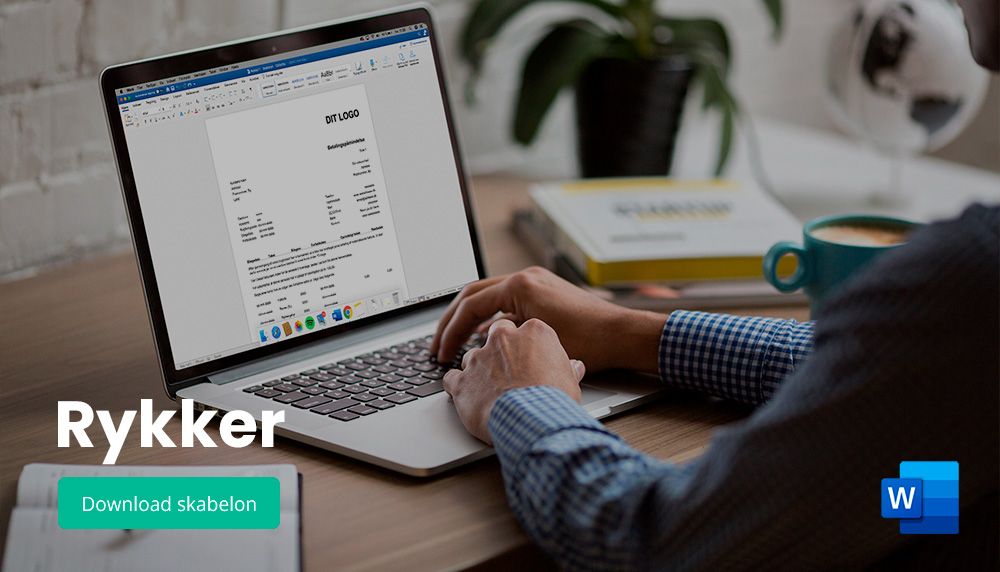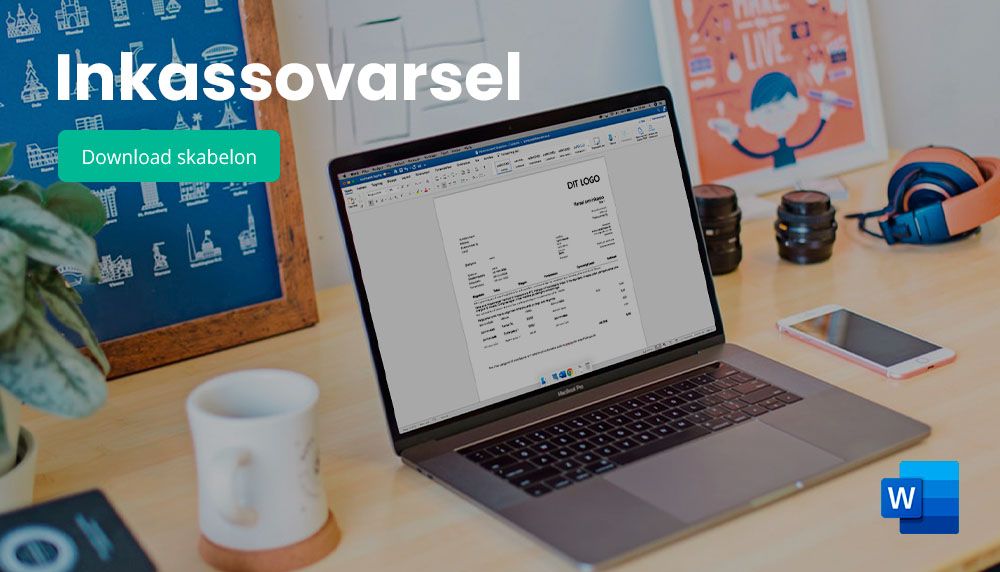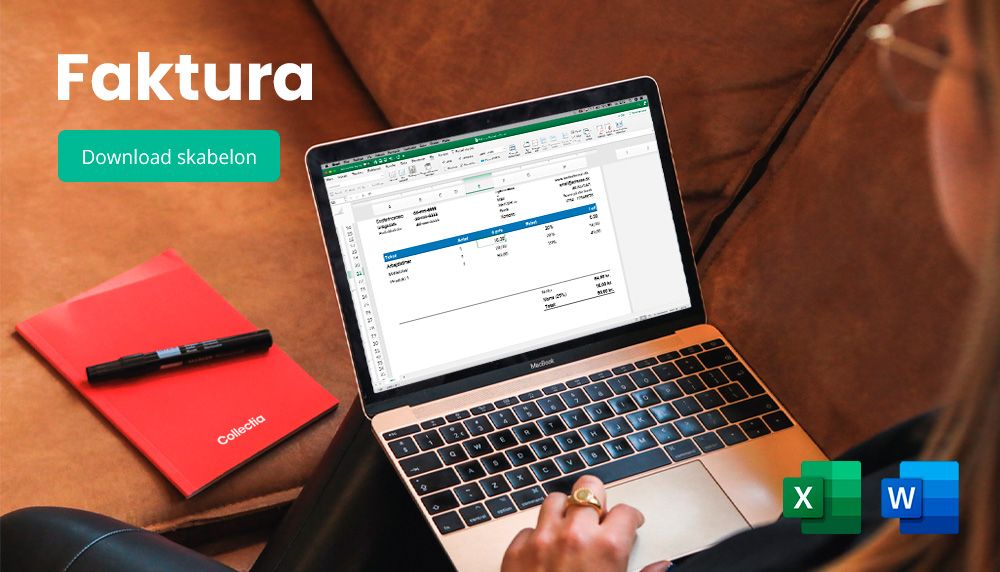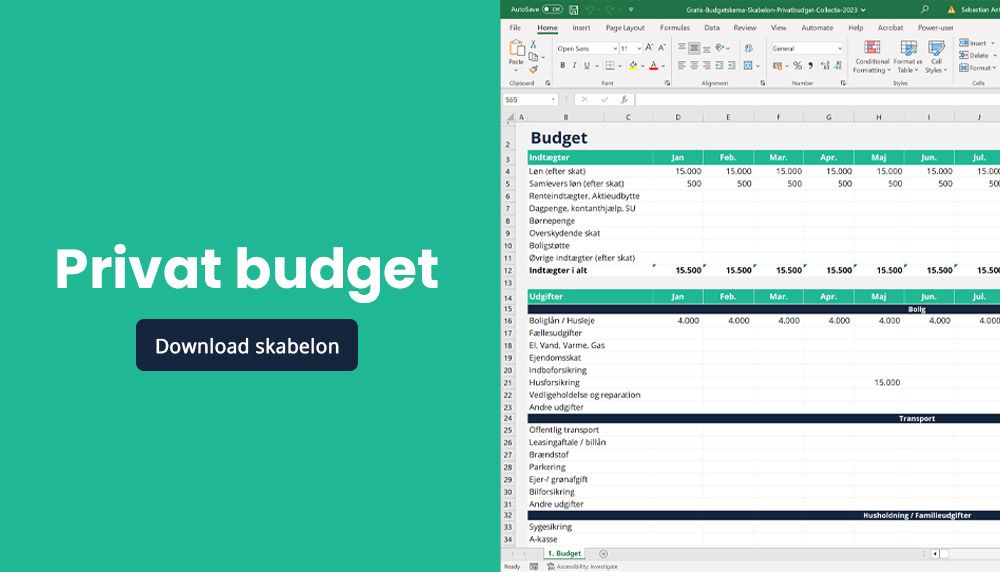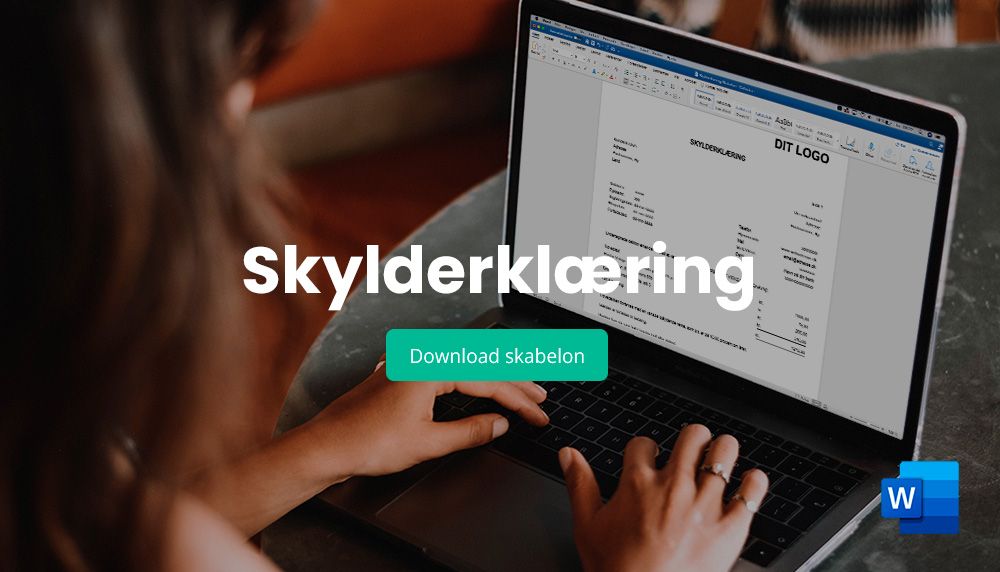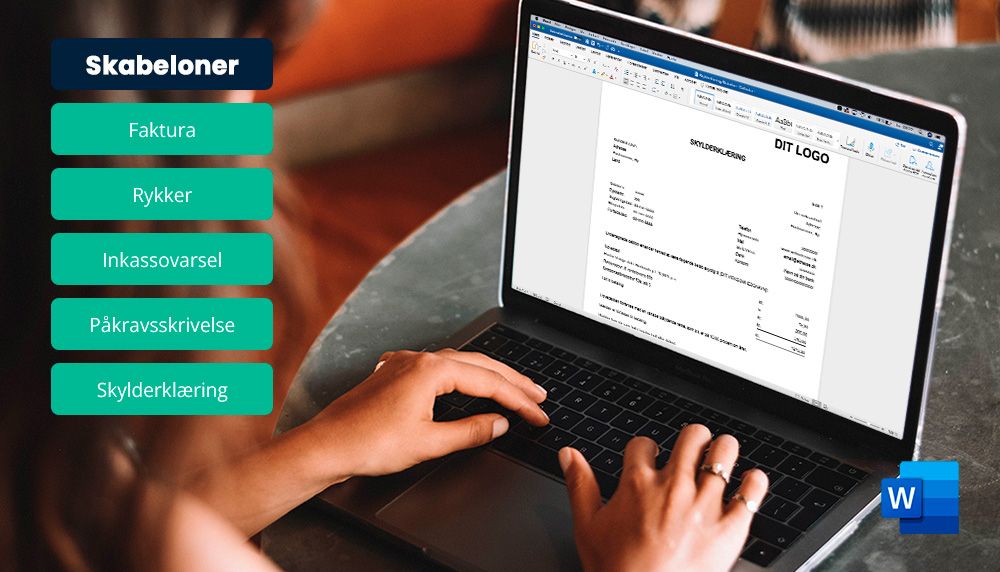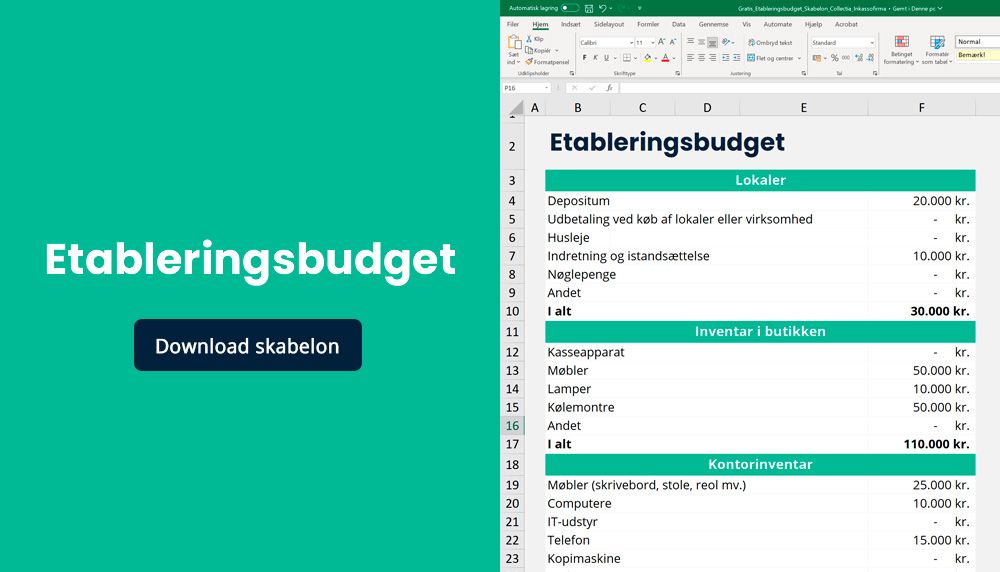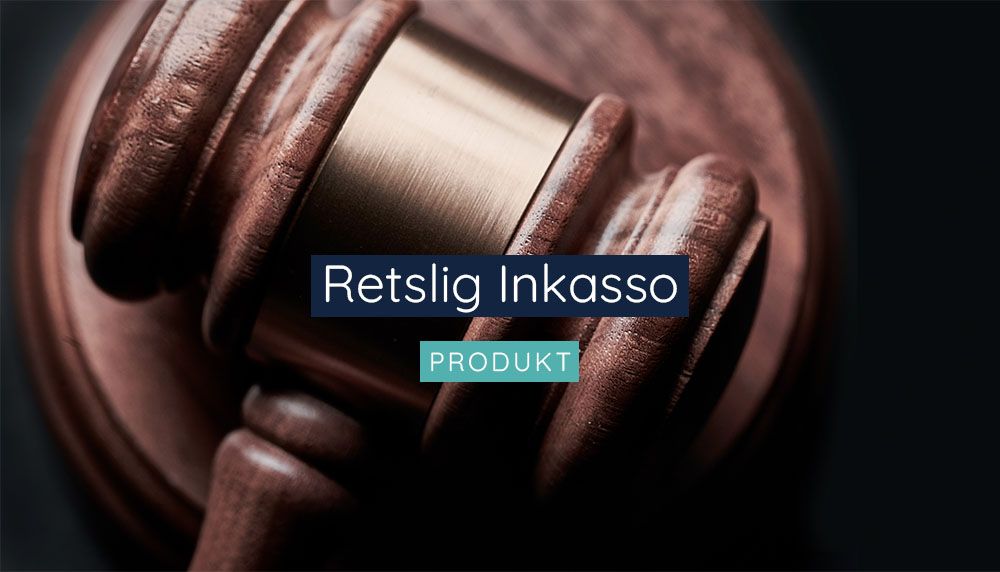
Product Focus: Judicial Debt Collection - debt collection with the help of the bailiff court
Every business owner and bookkeeper has experienced an invoice not being paid on time. Fortunately, this is often due to a simple oversight on the part of the customer.
If it's just a simple oversight on the customer's part, sending a friendly reminder or a reminder letter (with or without a reminder fee) is often enough to get the money back.
However, sometimes a reminder letter to the debtor will not be sufficient. In such cases, debt collection may be necessary to get payment for the goods or services sold. In some cases, it may even be necessary to resort to so-called judicial debt collection - i.e. debt collection with the help of the enforcement court.
In this blog post, we focus on the product "judicial debt collection" - and why it may be necessary for you if you have an outstanding claim against a debtor.
What is judicial debt collection?
When talking about debt collection, a general distinction is made between two types of debt collection: extrajudicial debt collection and judicial debt collection.
While extrajudicial debt collection is carried out exclusively by an authorized debt collection agency - or by a lawyer specializing in debt collection(debt collection lawyer), judicial debt collection is carried out with the help of the enforcement court - or in rare cases in civil court.
Extrajudicial debt collection takes place by sending reminder letters, debt collection notices, imposition of reminder fees, interest, etc. All actions that can be taken by the creditor, the creditor's debt collection lawyer or the creditor's authorized debt collection company. The process here depends on what actions the debt collection company deems necessary, within the framework of the law, to resolve the case.
Only the creditor, a lawyer or an authorized debt collection company can handle the extrajudicial debt collection process - sending letters, making calls and imposing fees on the letters to the debtor.
The second type of debt collection is judicial debt collection, where the enforcement court is involved in the process. The bailiff has more powers than both lawyers and debt collection companies - and in the bailiff's court it is possible, among other things, to attach the debtor's property, belongings or assets such as a car, boat or valuables.
If the debtor is ordered to pay a claim in the enforcement court, this judgment has the same effect as any other judgment, and the creditor now has 10 years to pursue his claim - instead of 3 years, which is the normal limitation period for a simple invoice claim.
In addition to seizing the debtor's assets, the enforcement court can also try to establish a repayment plan - if the debtor and creditor can agree on this.
Judicial debt collection as a product and solution
Collectia's judicial debt collection is for everyone - whether you have 1 or 10,000 cases a year, and whether you have run a full extrajudicial debt collection process before.
Judicial debt collection is often a standard solution in most of our products - and for you as a client, this means that we can handle your challenges with missing payments - from the first reminder letter up to and including the enforcement court, if necessary.
Judicial debt collection is often used as an extension of an ordinary debt collection process, where we, or the creditor himself, have run an extrajudicial debt collection process, with the sending of letters, calls and the like - and this has not led to a dialog with the debtor, payment or installment arrangement.
Judicial recovery is mostly used when other options have been exhausted and the debtor has not responded to one or more approaches in the extrajudicial recovery phase.
However, it is not a requirement that either the creditor or the debt collection company has first run an extrajudicial debt collection process before judicial debt collection. This is 100% up to the creditor or their debt collection agency.
You are free to use our judicial debt collection product, regardless of whether the case has been in an out-of-court debt collection process with Collectia or not. You simply need to inform us of this prior to initiating your debt collection case.
Why choose Collectia's judicial debt collection?
Collectia A/S has since 1998 helped thousands of companies with their debt collection - and in particular also with judicial debt collection.
Collectia has more than 150 employees who can help you with debt collection and over 15 dedicated employees who hold daily meetings with the Danish enforcement courts throughout the country.
Find out more about judicial debt collection
